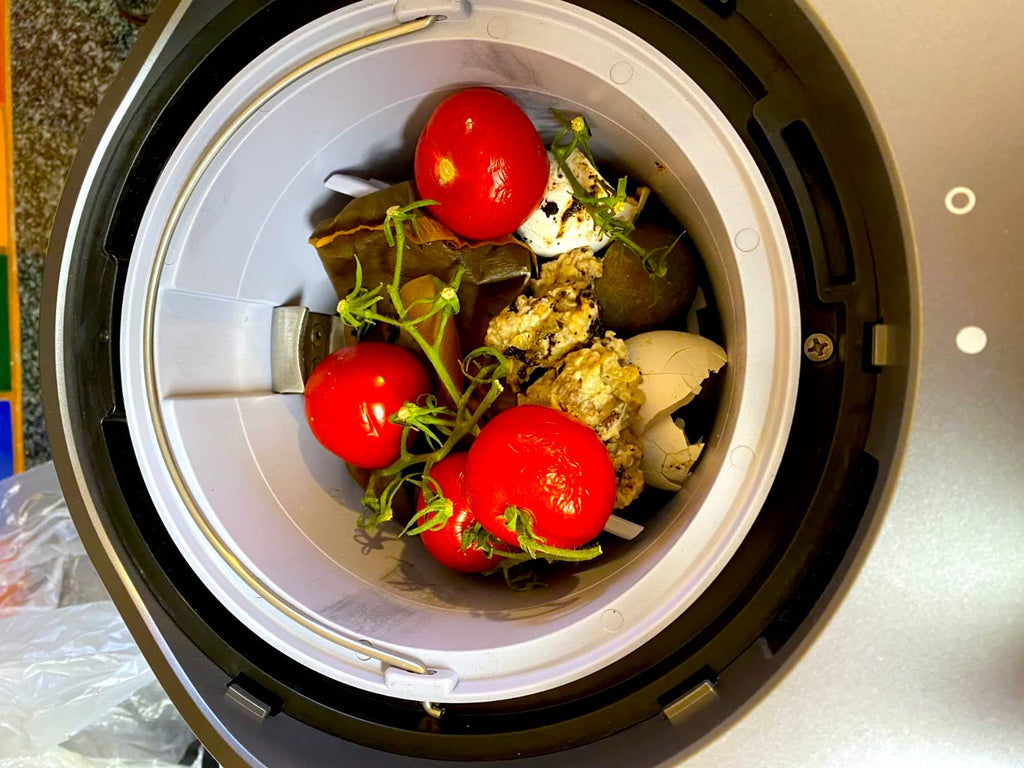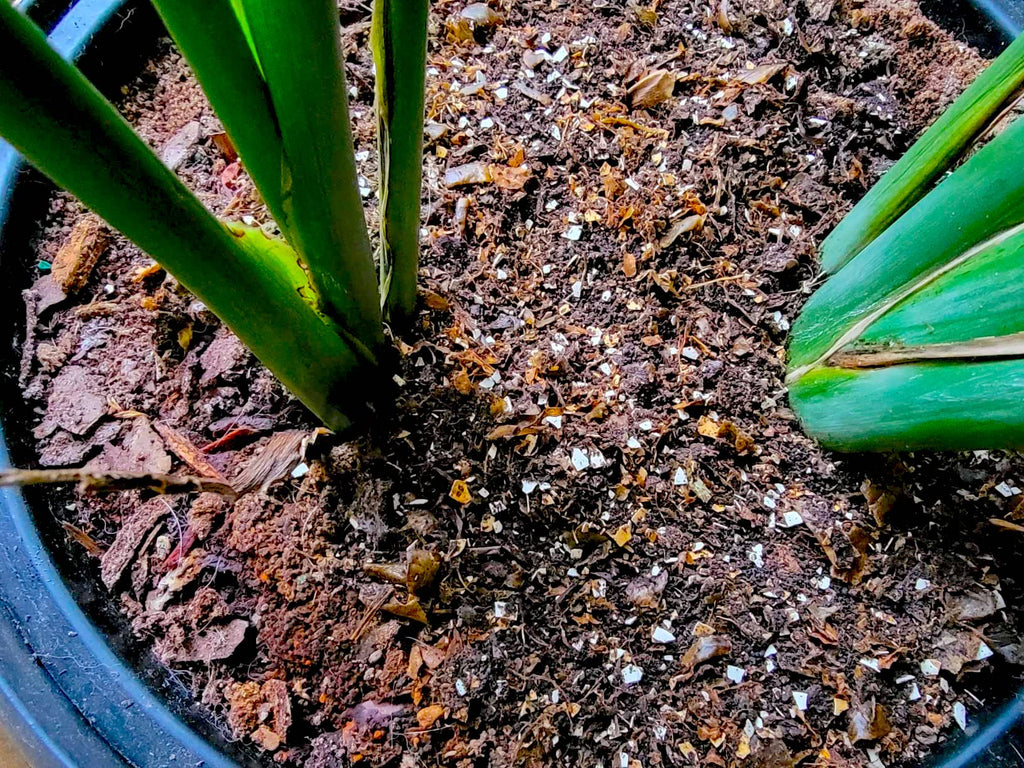What Can I Compost in My Electric Composter? A Comprehensive List
Vanessa Young

Now that you’ve gotten your brand-new electric composter, you might be wondering: what’s safe to compost and what should you avoid? This guide will cover everything you need to know.
Things You Can Add to Your Composter
- Weeds and Dead Houseplants: Perfect for those with a garden. Include unwanted weeds, dead plants, and even small garden debris.
- Nuts, Beans, and Seeds: Great for composting as long as they’re not salted or processed.
- Soft Bones (Fish): Ensure they are small and soft for better decomposition.
- Soft Shells: Eggshells, shrimp shells, and other soft shells are compost-friendly.
- Fruit and Vegetable Scraps: This includes peels, cores, and even overripe produce.
- Food Leftovers and Plate Scrapings: Sauces, dressings, and meal scraps can be composted in small amounts.
- Dairy Products: Small quantities of cheese or yogurt are acceptable.
- Meat Scraps: Fish, poultry, and soft meats are fine, but avoid hard bones.
- Coffee Filters, Grounds, and Tea Bags: Excellent nitrogen-rich materials for composting.
- Small Amounts of Starches: Bread, pasta, rice, and potatoes break down easily.
- Sauces and Purees: Leftover jams, smoothies, or dressings in moderation are compostable.

Food Waste Pairing Tips for Better Compost
- Combine fruit peels with coffee grounds to balance nitrogen and carbon levels.
- Layer vegetable scraps with eggshells to improve aeration and decomposition.
Items You Should Never Add to Your Composter
- Candy and Gum
- Flammable Materials (Alcohol)
- Compostable Tableware
- Hard Bones (Beef, Pork, Lamb)
- Cooking Oils, Grease, or Liquids
- Large-Grain Fruit Cores (Peach Pits, Avocado Seeds)
- Diapers, Wipes, or Hygiene Products
These things can and will damage your composter, so take care not to add them in. Damage from these items will void your warranty, just a head’s up!
For optimal compost, make sure to cut up large food/rigid stems/fibrous vegetables (for example: corn/corn husk, flower stems, Fiber plant, etc.) so that they don't get stuck during the grinding process.
How to Use Your Finished Compost
- For Houseplants: Gradually add compost to pots to avoid overwhelming the plants.
- For Gardens and Lawns: Sprinkle compost evenly and work it into the soil to enrich your yard.
- Community Donations: Donate surplus compost to local gardens or farms.
- Public Mulching: Check with local landscaping companies for composting opportunities.

Enjoy your electric composter and the satisfaction of reducing kitchen waste. Share your composting journey with us at support@airthereal.com!




3 comments
Well Well I have another toy to my kitchen counter , and NOT sorry at all Just Love it , works awesome Nice and quiet ,,
I love the bread-baking smell when running the composter. However, twice it has gotten so jammed up I had to soak the canister for hours to loosen the plug. Suggestions on avoiding this?
Can I add pistachio shells to the composter?